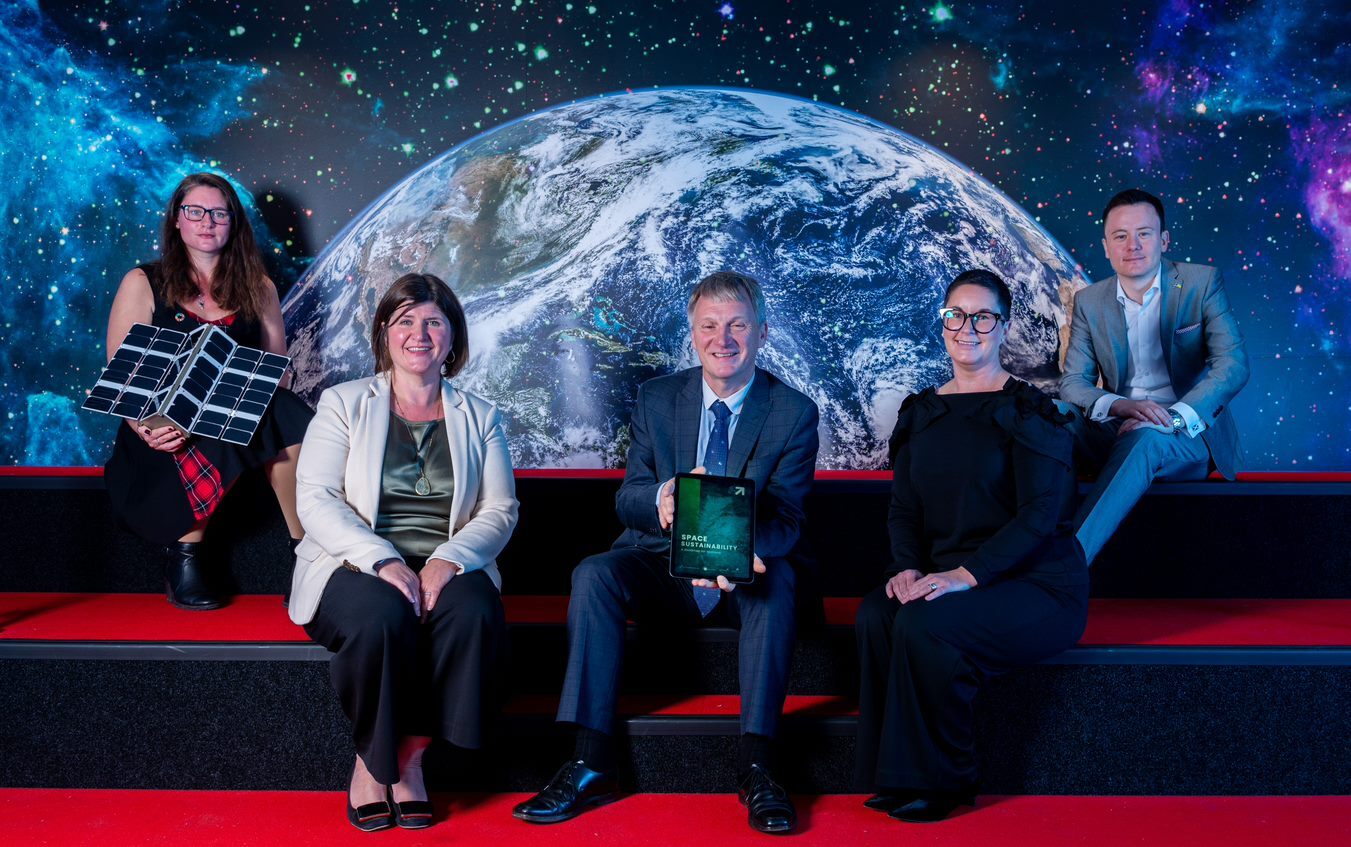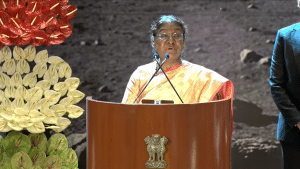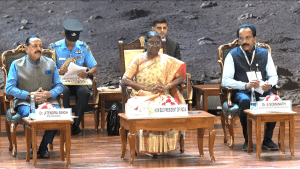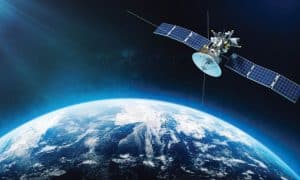Scotland’s space sector has published a new sustainable space roadmap in order to declare its commitment towards reducing impact on the environment.
The new roadmap is a first of its kind on Earth and it sets out the detail steps that are needed to achieve the long-term goals of Scottish space missions. In order to get Scotland a global recognition as a leader in sustainable space, the roadmap will help in minimizing space debris, and promote zero emissions created from on-the-ground activities.
The Scottish Space Strategy sets out plans to develop a network of satellite launch sites, pursue green technologies and build on existing strengths in data analysis and research.
The main aim behind the collaboration between the Scottish government and its enterprise agencies, industry group Space Scotland and the Scottish Space Academic Forum, comprises of:
- Positioning Scotland as a global leader for commercial space developments
- Establishing a range of managed launch and orbital services, supporting the largest launch capability in Europe
- Developing a world-leading environment strategy for Scotland’s space industry, from reducing emissions to supporting the use of satellite data for environmental monitoring
- Building Scotland’s international economic opportunities through increased exports and targeted inward investment to plug critical gaps in capability.
“Last year, the Scottish Government and partners set out our collective ambition for Scotland to become Europe’s leading space nation, taking a £4 billion share of the global space market and creating 20,000 jobs by 2030,” said Business Minister Ivan McKee.
“This roadmap represents our journey towards net zero and is further proof of Scotland’s commitment to take positive environmental action,” said Jane Martin, Managing Director at Scottish Enterprise.
The Scottish Space Strategy
The Scottish Space strategy is developed in collaboration with Space Scotland’s Environmental Task Force and funded by Scottish Enterprise, the roadmap has been produced by space strategy firm AstroAgency in partnership with Glasgow-based Optimat. The Scottish Space Strategy, published last October, aims to create 20,000 jobs and secure a £4 billion share of the global space market.
“The Scottish Space Sustainability Roadmap is the next step in helping the sector reach net zero by 2045 and in setting an example for other nations,” added McKee.
Key findings of the Scottish Space Strategy
1. Existing space sustainability guidelines in the sector tend to focus on preserving the space environment rather in addition protecting Earth’s environment.
2. Improving the sustainability of the space sector in orbit requires a complicated, interrelated set of technical, economic, and political challenges to be addressed.
3. There is no shortage of agreed-upon space sustainability guidelines. Some existing legislation will be applicable to the protection of Earth’s environment from the detrimental effects of launch activity, but the absence of space specific legislation for Earth and Low Earth Orbit is a key blocker to pursuing a sustainable space industry.
4. The Scottish space sector would greatly benefit from direct, structured guidance and “carrots” — financial support and incentives to support space sustainability.
5. There is a danger of ‘Greenwashing’ fundamentally unsustainable activities. Fostering a culture of healthy constructive criticism of sustainability claims in the Scottish Space Sector will be vital to achieving this aim.
6. There is currently a unique opportunity to ensure that the formative Scottish space sector develops sustainably. The sector is young and fast-growing, with comparatively few vested interests and many emerging companies and capabilities.
7. There is a lack of agreed-upon, widely adopted metrics and targets for space sustainability, because there is no set limit on how many satellites can operate in a given orbital region, some metrics have been adopted (such as the 25-IADC rule or the casualty risk on ground that determines satellite end-of-life) but overall targets for sustainable spacefaring do not yet exist.
8. Space sustainability guidelines need to be implemented effectively immediately to preserve the space environment.
The roadmap
The roadmap emphasizes on: focus on planning, public commitments to sustainability, and national or international promotion of space sustainability. The space industry formed the roadmap contents, which addresses areas such as the environmental impacts of building, fueling, and launching satellites, as well as the importance of promoting satellite data for environmental monitoring.

The Roadmap also sets out 3 goals for the sector to achieve by 2045, encompassing sustainability both on the ground and in orbit, as well as the reduction of emissions by the space sector.
As one of the early actions identified in the roadmap, Scottish Enterprise, together with partners Scottish Government and The Data Lab, has launched a £300,000 innovation challenge to fund innovative solutions using space data to aid Scotland’s transition to net zero. Successful applications will secure funding of between £20,000 and £30,000 with the fund closing for applications on 26 September 2022.
“The work behind this roadmap is unique because it is centered in action and leading the way globally in terms of sustainability of the whole space sector, said Kristina Tamane, Space Sector Business Development Lead at University of Edinburgh and Environmental Task Force Co-Chair.
“Key colleagues across the UK, enabled by the Environmental Task Force, will proactively and consistently build a space sector that is sustainability focused by design – working collaboratively and internationally to achieve this ambitious goal,” added Tamane.
Scotland is a vital part of the UK’s growing space sector, which employs 47,000 people and generates an annual income of £16.5 billion. The UK is taking a global lead on space sustainability.
“We’re developing new missions and capabilities to improve how we track objects in orbit and accelerate technologies such as active debris removal, while setting new standards and working closely with international partners to keep space open for future generations,” Dr. Paul Bate, Chief Executive of the UK Space Agency.
“We’re also backing missions to help monitor and tackle climate change, such as the UK-built Biomass satellite, which will measure carbon stored by the world’s forests, and the new FORUM mission, which will provide unique measurements of our planet’s infra-red energy to improve our understanding of our climate, ” added Dr. Bate.










